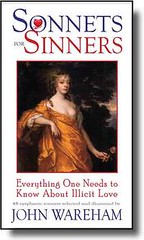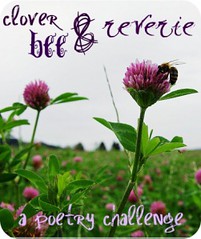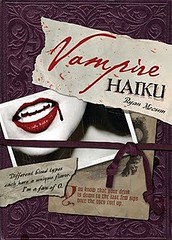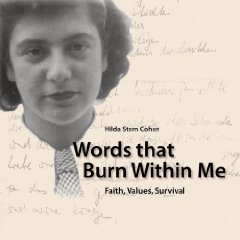"[Paschen says,] For me this poetry is life altering. It's gritty. It's difficult. And it hurts in all the ways that growing hurts. It's meant to be visceral and immediate. It's meant to be experienced." (Page XI)
Gritty and real are the best terms to describe the struggles within these lines of verse, from being the only white kid in school to being a Black person at a time when political correctness suggests you are African-America. But more than that, there are poems about bra shopping -- the stepping stones of becoming a woman -- and the realization that the world is not perfect and that wars do exist.
Bra Shopping by Parneshia Jones (Page 16)Full of wit and sarcasm, this poem illustrates the angst and embarrassment of the narrator as she shops for bras with her mother under the watchful eye of the sales clerk. A number of poems illustrate these feelings of awkwardness and tenderness between friends and parents.
Mama and I enter into no man's, and I mean no man in sight, land
of frilly lace, night gowns, grandma panties, and support everything.
A wall covered with hundreds of white bras, some with lace, ribbons,
and frills like party favors, as if bras are a cause for celebration.
Some have these dainty ditsy bows in the middle.
That's a nice accent don't you think? Mama says. Isn't that cute?
Like a dumb bow in the middle of the bra will take away some of the
attention from two looking, bulging tissues.
The audio CD that comes with the book is stunning as each poem is read with emphasis and care either by the poet themselves or a contemporary counterpart. In some cases, the poems are accompanied by ambient noise and/or nature sounds. Some poems will garner young readers' attentions more than others, but overall the CD works.
Used Book Shop by X.J. Kennedy (Page 108)Poetry Speaks Who I Am
Stashed in attics,
stuck in cellars,
forgotten books
once big best-sellers
now hopefully sit
where folks, like cows
in grassy meadows,
stand and browse.
In a yellowed old history
of Jesse James
two earlier owners
had scrawled their names.
I even found
a book my dad
when he was in high school
had once had,
and a book I found --
this is really odd --
was twice as much fun
as my new iPod.
I always get hooked
in this dusty shop.
Like eating popcorn,
it's hard to stop.
FTC Disclosure: Thanks to Sourcebooks for sending me a free copy of Poetry Speaks Who I Am
© 2010, Serena Agusto-Cox of Savvy Verse & Wit. All Rights Reserved. If you're reading this on a site other than Savvy Verse & Wit or Serena's Feed, be aware that this post has been stolen and is used without permission.













































